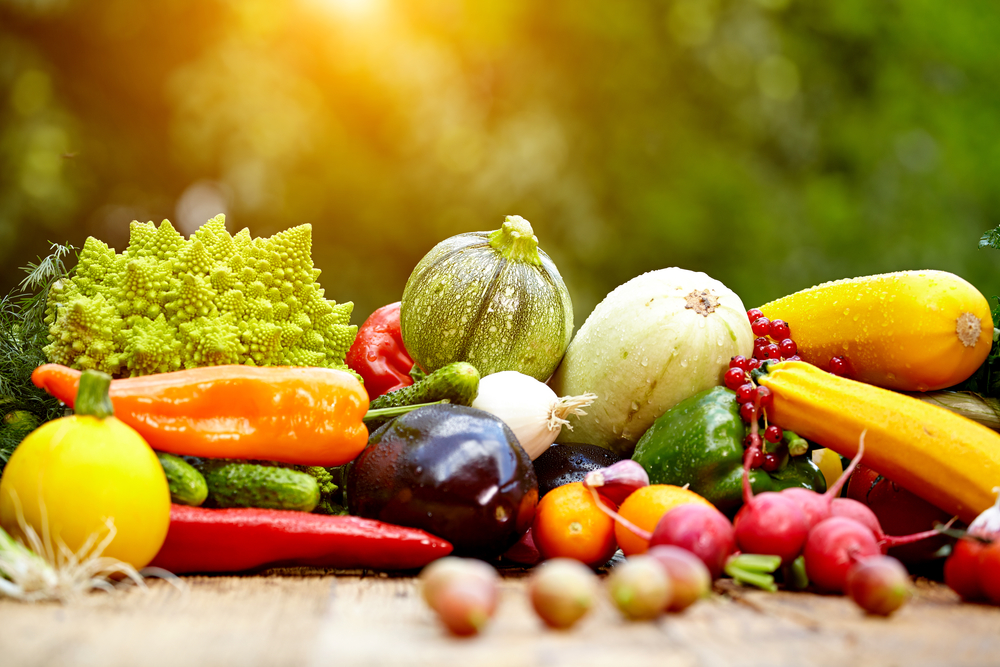By Clint Thompson
Georgia’s specialty crop sector remains vital to the state’s economy. Its value continues to grow in importance, according to Ben Campbell, associate professor in the University of Georgia (UGA) College of Agricultural and Environmental Sciences Ag and Applied Economics Department.


“Specialty crops are a big player in the Ag industry. You think of greenhouses, you think of blueberries, compared to like cotton or peanuts, but when you combine them all into one group and think about specialty crops in general, it is a big part of the Ag sector in the state,” Campbell said.
“Specialty crops are big drivers of Ag in the state. Given that Ag is one of, if not, the biggest employers in the state directly and indirectly, you’re talking about a lot of jobs, a lot of value tied up in this.”
According to the UGA Center for Agribusiness and Economic Development, specialty crops comprised some of the most valuable Ag commodities in the state in 2021. Greenhouse production tied for sixth at 4.3% or $635.8 million. Pecans were ninth at 2.6% or $383.7 million, while blueberries rounded out the top 10 at 2.4% or $348.7 million.
Fruit and nut crops generated $912 million, while vegetables recorded $1.33 billion in value.
“The specialty crop is the biggest growing sector since 2018. Specialty crops have increased dramatically compared to others,” Campbell said. “The one thing that helps specialty crops a lot, which a lot of people don’t think about is COVID. Most people think everybody got hammered, and that’s not 100% what happened, especially in nursery greenhouses. They had bumper years coming out of COVID.
“The specialty crops, in particular, are growing quite a bit. Most Ag in the state is growing, but specialty crops, in particular, are booming for the most part on the farm gate side.”
Pecans (42.1%), blueberries (38.2%), peaches (9.3%), grapes (3.5%) and blackberries (2.0%) are the top commodities in fruits and vegetables. Sweet corn (15.9%), watermelon (13.2%), onions (12.6%), bell peppers (11.5%) and tomatoes (6.6%) are the top vegetable commodities.
“When you look at the importance of specialty crops, if you put in all the specialty crops together, it’s the second biggest industry in the state in 2021,” Campbell said.









